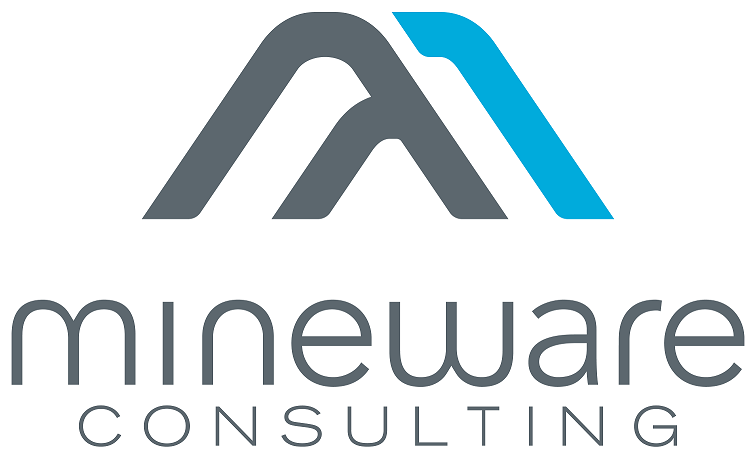Introducing the digital shift-boss logbook from Mineware Consulting

A shift-boss plays a crucial role in overseeing the operations of a mine during a specific shift. Their primary responsibility is to ensure the safety, efficiency, and productivity of the mine. This involves ensuring compliance with safety regulations and protocols through regular inspections and monitoring, managing the mining crew by assigning tasks and supporting workers, and overseeing day-to-day operations such as planning, scheduling, and adjusting tasks to meet production targets.
An effective shift-boss is adept at problem-solving in order to address issues such as equipment malfunctions or operational delays and serves as the key point of contact between the mining crew and higher management, communicating significant developments and challenges.
Additionally, the shift-boss is responsible for maintaining accurate records of shift activities, including worker attendance, production levels, and any incidents.
The shift-boss logbook
A shift boss logbook, typically a paper record, is a critical record-keeping tool used by a shift boss or mine supervisor. The shift-boss logbook is a legally required and essential tool in mining operations. Its primary purpose is to ensure legal compliance, uphold quality mining practices, and guarantee adherence to planned work.
The logbook typically includes information such as the number of workers on duty, equipment used, work progress, any safety incidents or hazards encountered, and compliance with mining regulations and procedures.
The logbook is instrumental in managing resources effectively, including skills, materials, and equipment, and ensures that all equipment is maintained and operated according to acceptable standards. This logbook aids the Shift-boss in fulfilling their legal responsibilities and overseeing daily operations efficiently.
Digital shift-boss logbook
The new digital shift boss logbook, launched by Mineware Consulting, is an advanced, technology-driven version of the traditional paper-based logbook, offering several data-driven advantages.
- Real-Time Data Entry and Access: Digital logbooks allow for real-time recording and retrieval of information. This immediacy means that data about a shift’s activities, safety incidents, and production metrics are always up-to-date and accessible to relevant personnel, even those not on-site.
- Enhanced Data Management: Unlike paper logbooks, digital versions can efficiently handle large volumes of data. They can be structured to capture specific types of data systematically, making it easier to organize and analyze information.
- Improved Communication and Collaboration: Digital logbooks facilitate better communication among shift bosses, mine managers, and other stakeholders. Information can be shared quickly and efficiently, enhancing collaboration and decision-making processes.
- Automated Reporting and Analysis: These logbooks can be integrated with other mining management systems, allowing for automated reporting and analysis. This integration can provide insights into trends, operational efficiencies, and areas needing improvement.
- Increased Accuracy and Reliability: Digital logbooks reduce the likelihood of human error that can occur with manual entries. They also have features like time-stamping and user tracking, which enhance the accuracy and reliability of the recorded data.
- Compliance and Record-Keeping: In the highly regulated mining industry, digital logbooks simplify compliance with safety and operational regulations. They provide a clear, auditable trail of activities and incidents, which is crucial during inspections and for legal purposes.
- Enhanced Safety Monitoring: With features like real-time alerts and the ability to link to monitoring systems, digital logbooks can significantly enhance safety monitoring and response in mines.
What does Mineware Software offer?
Software and the digital availability of data have emerged as game-changers in modern mining operations, revolutionizing the way mining companies explore, plan, operate, and manage their resources. From the initial stages of exploration to the implementation of advanced automation systems, software applications bring numerous benefits, including improved productivity, enhanced safety, reduced costs, and optimized resource utilization. As the mining industry continues to embrace digital transformation, the role of software will only become more crucial.
This is why Mineware Consulting continues to collaborate with mine clients in creating purpose-built software such as the digital shift-boss logbook, thereby solves modern mining challenges through increased automation and real-time access to crucial data.
